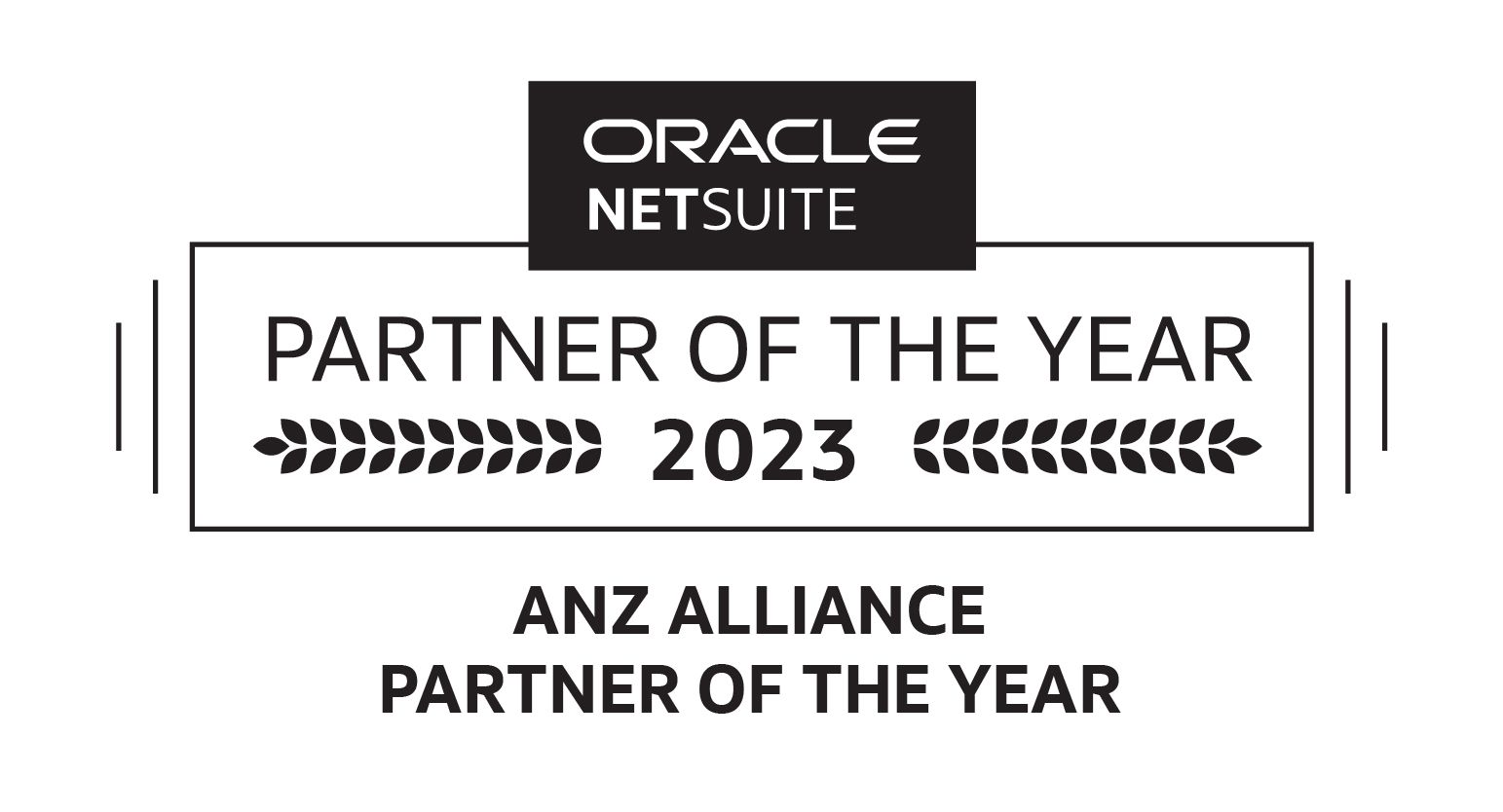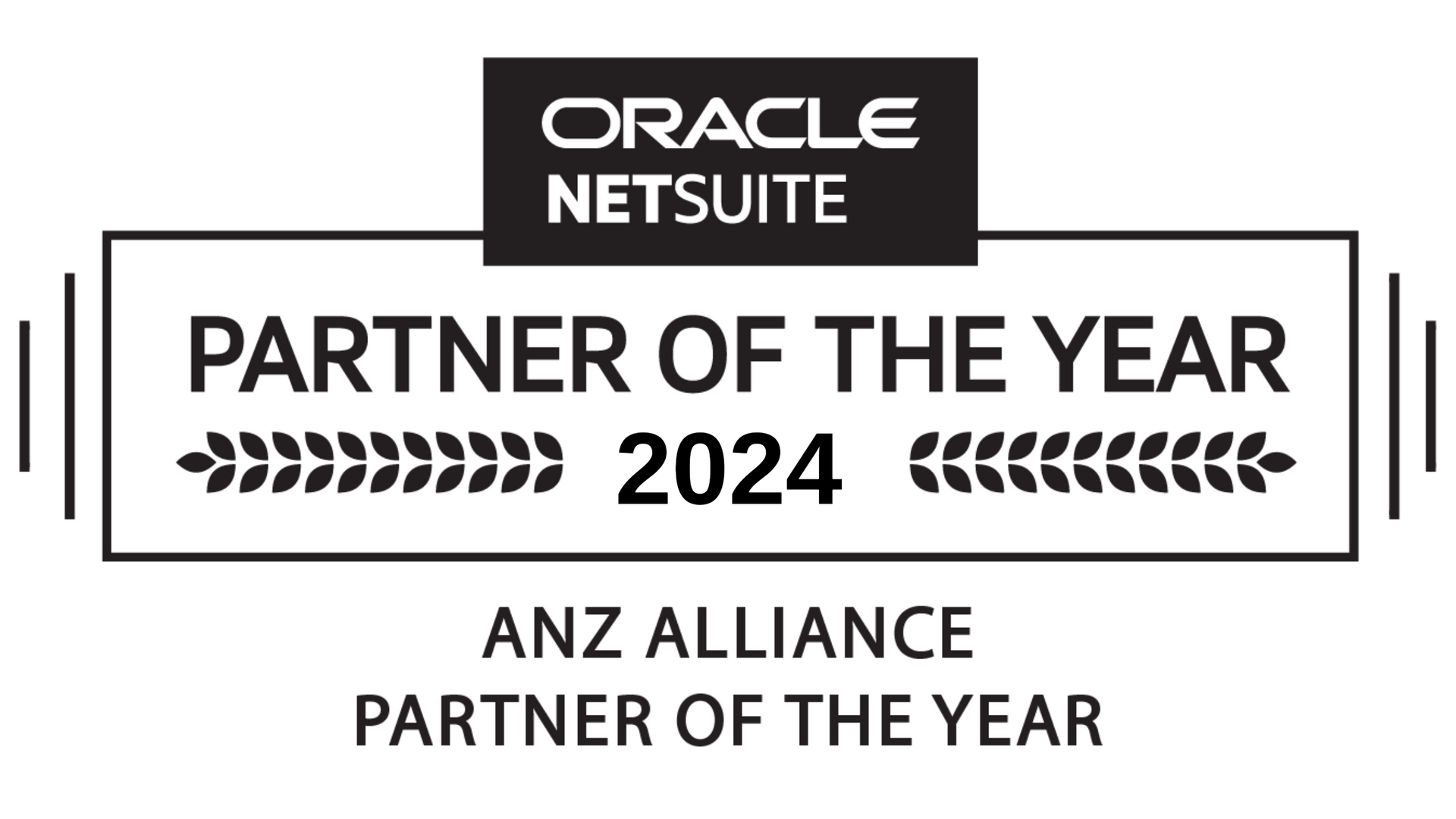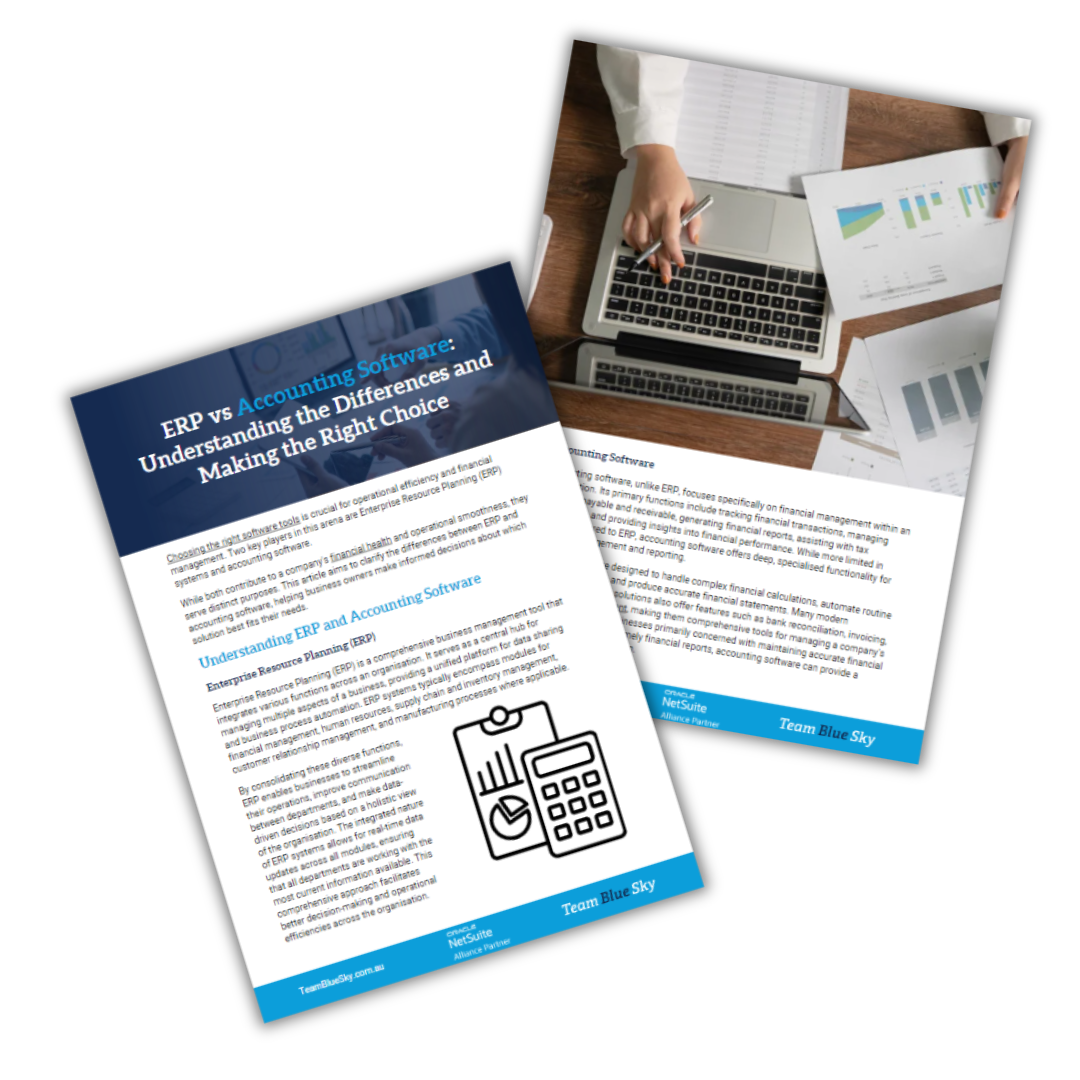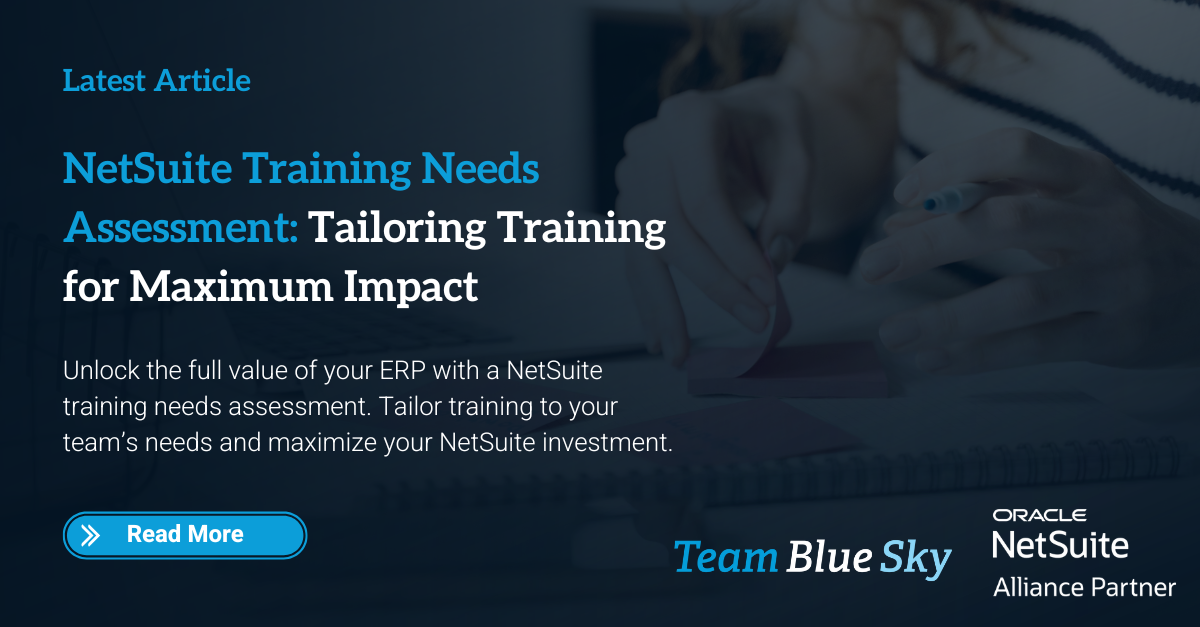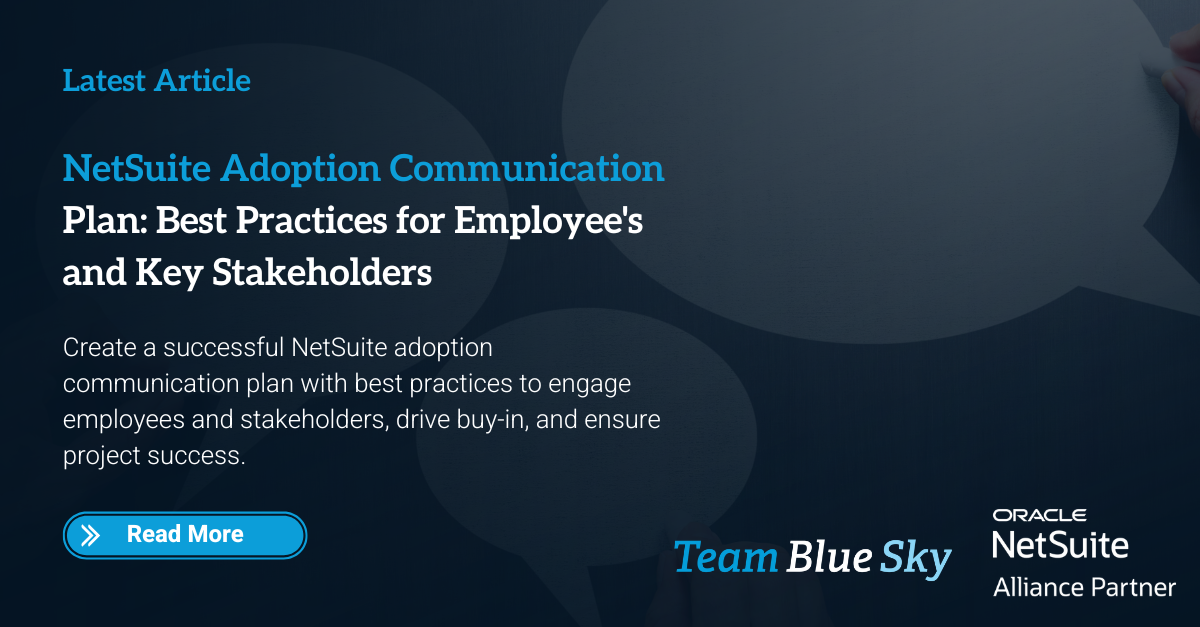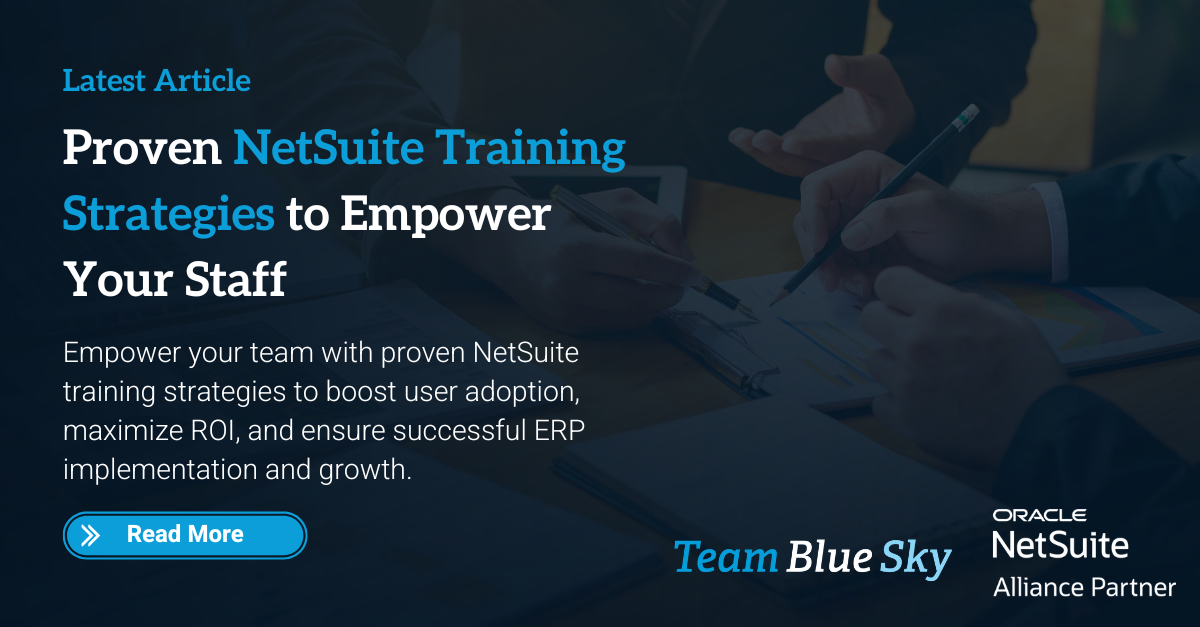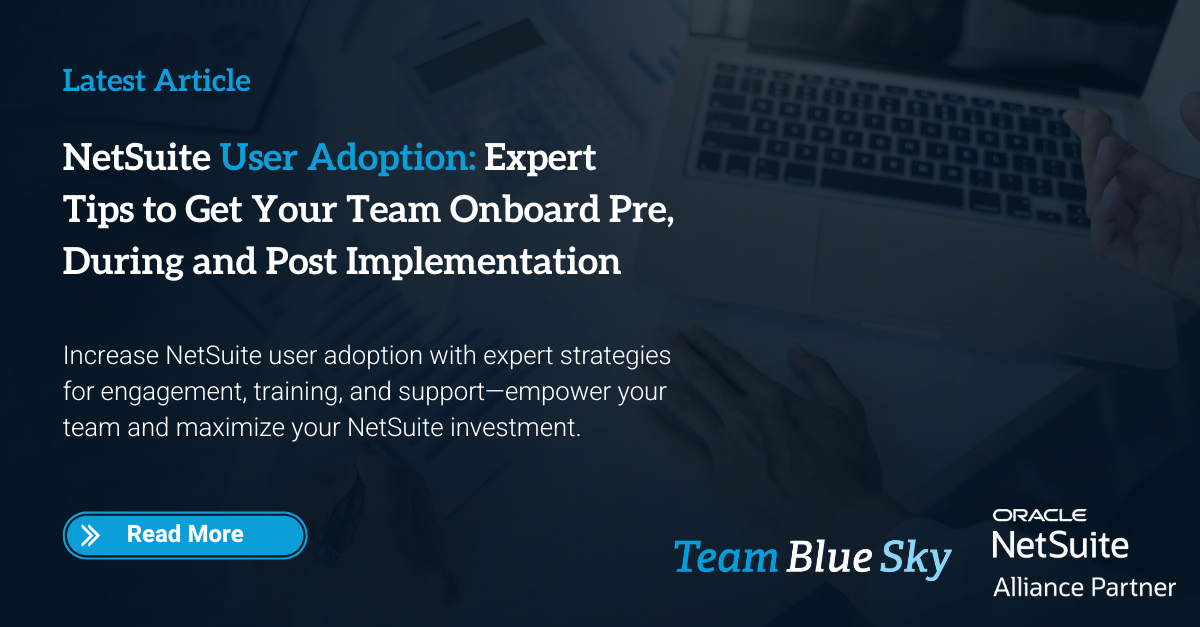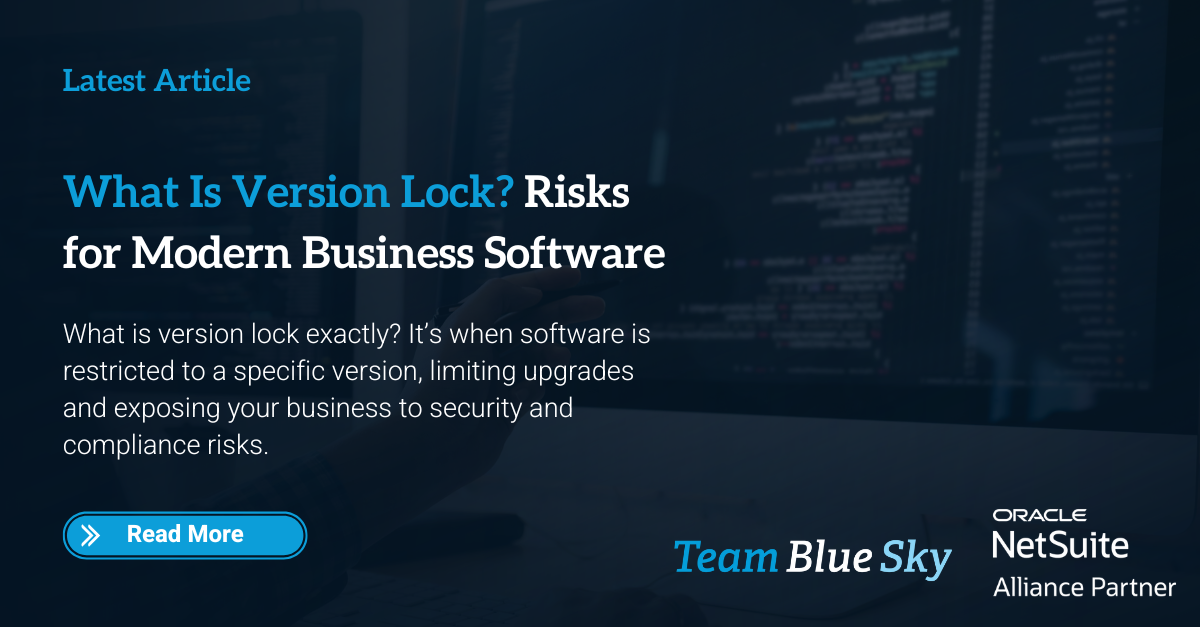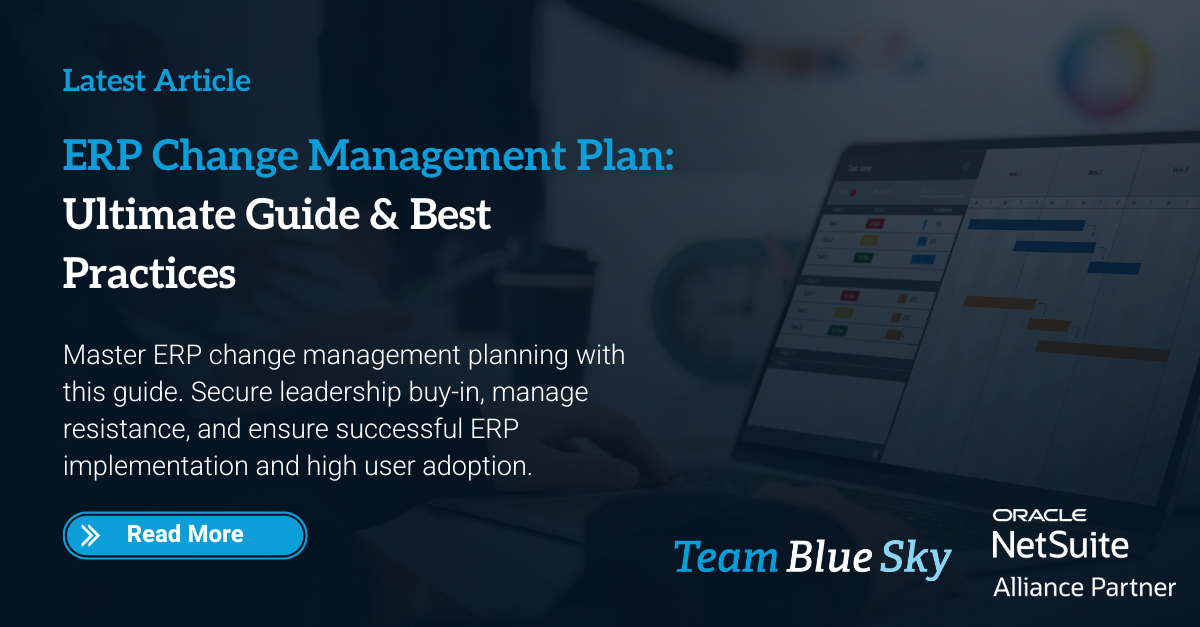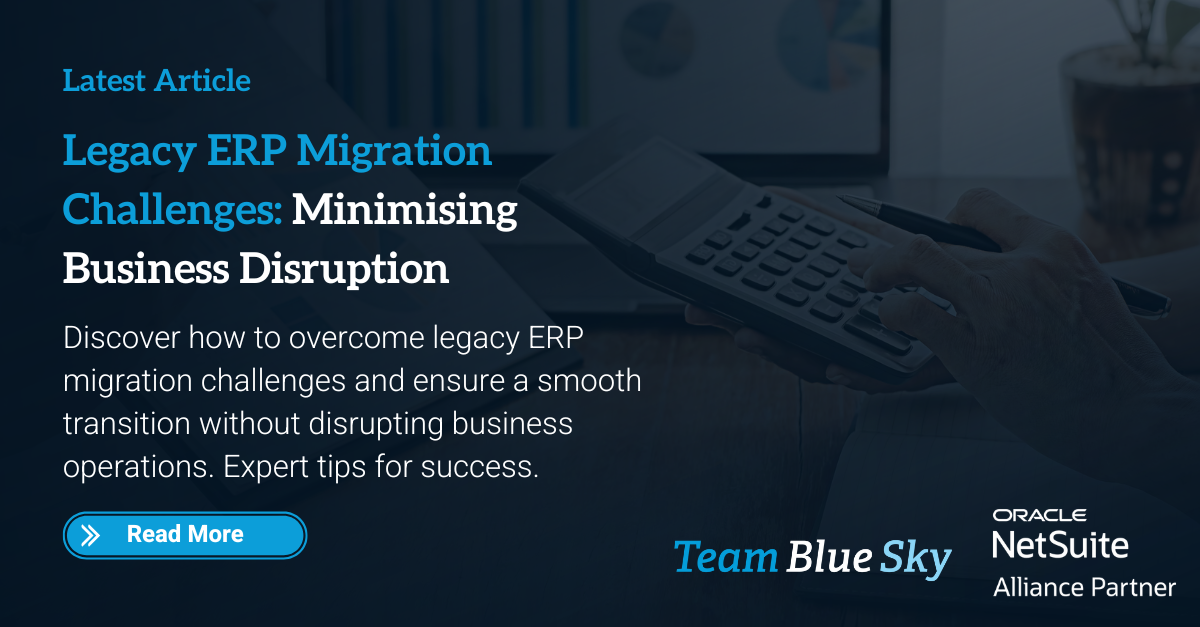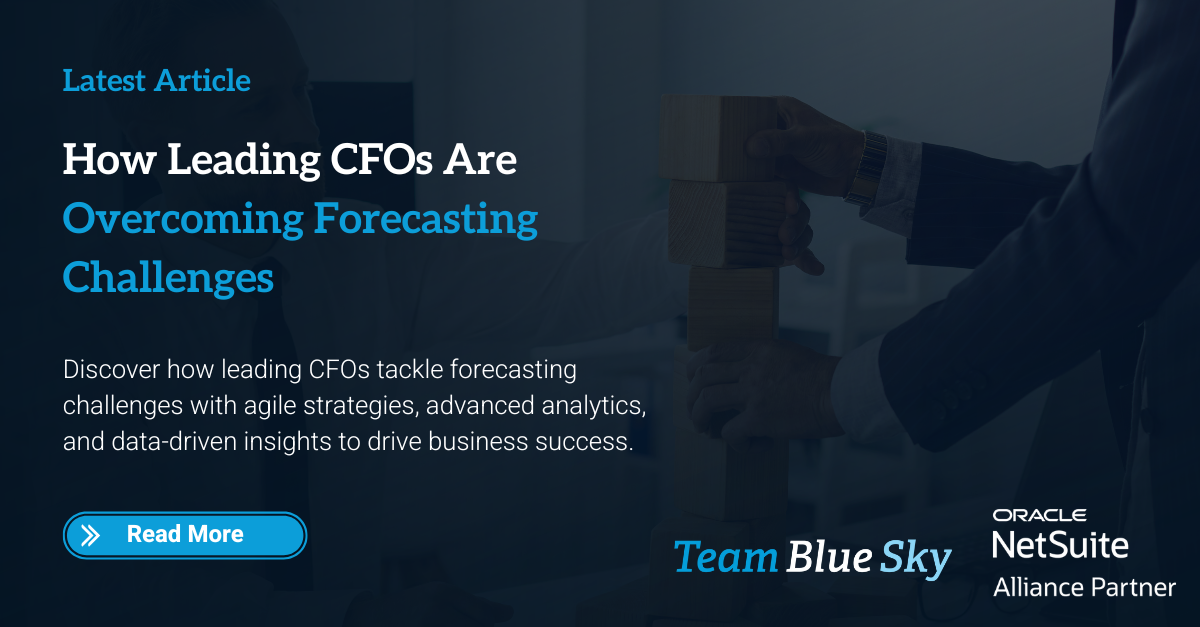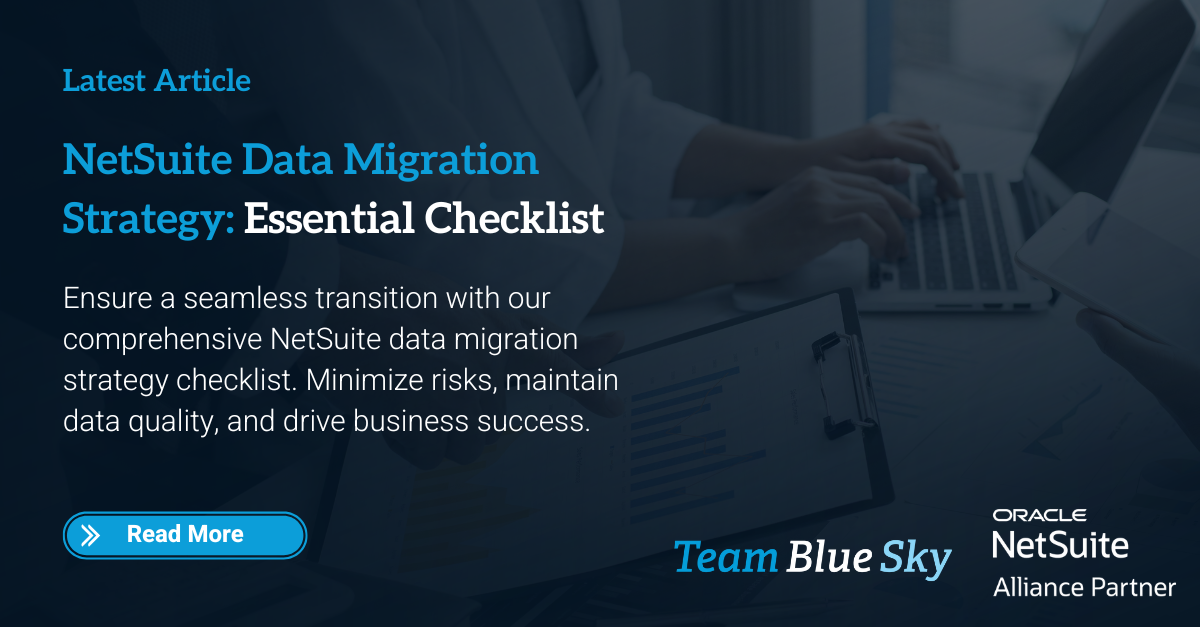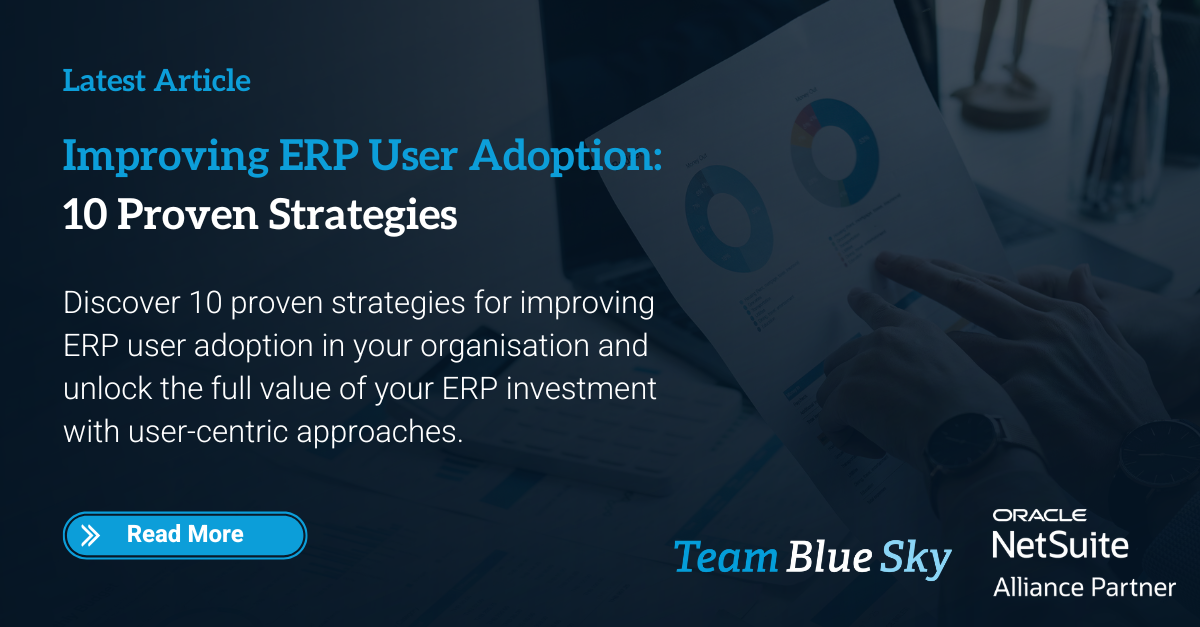ERP vs Accounting Software: Understanding the Differences and Making the Right Choice
Choosing the right software tools is crucial for operational efficiency and financial management. Two key players in this arena are Enterprise Resource Planning (ERP) systems and accounting software.
While both contribute to a company's
financial health and operational smoothness, they serve distinct purposes. This article aims to clarify the differences between ERP and accounting software, helping business owners make informed decisions about which solution best fits their needs.
Understanding ERP and Accounting Software
Enterprise Resource Planning (ERP)
Enterprise Resource Planning (ERP) is a comprehensive business management tool that integrates various functions across an organisation. It serves as a central hub for managing multiple aspects of a business, providing a unified platform for data sharing and business process automation. ERP systems typically encompass modules for financial management, human resources, supply chain and inventory management, customer relationship management, and manufacturing processes where applicable.
By consolidating these diverse functions, ERP enables businesses to streamline their operations, improve communication between departments, and make data-driven decisions based on a holistic view of the organisation. The integrated nature of ERP systems allows for real-time data updates across all modules, ensuring that all departments are working with the most current information available. This comprehensive approach facilitates better decision-making and operational efficiencies across the organisation.
Accounting Software
Accounting software, unlike ERP, focuses specifically on financial management within an organisation. Its primary functions include tracking financial transactions, managing accounts payable and receivable, generating financial reports, assisting with tax compliance, and providing insights into financial performance. While more limited in scope compared to ERP, accounting software offers deep, specialised functionality for financial management and reporting.
These systems are designed to handle complex financial calculations, automate routine bookkeeping tasks, and produce accurate financial statements. Many modern accounting software solutions also offer features such as bank reconciliation, invoicing, and
payroll management, making them comprehensive tools for managing a company's financial health. For businesses primarily concerned with maintaining accurate financial records and generating timely financial reports, accounting software can provide a robust and focused solution.
Key Differences and Considerations
Scope of Functionality
ERP systems offer broad, company-wide integration, encompassing a wide range of business processes beyond just financial management. This comprehensive approach allows businesses to manage and analyse data from various departments within a single system. For instance, an ERP system might track a product from the initial sales order through manufacturing, inventory management, delivery, and final payment, providing visibility into the entire process.
On the other hand, accounting software provides focused financial management tools. While some advanced accounting systems may offer limited integration with other business functions, their primary focus remains on financial transactions and reporting. The choice between ERP and accounting software often depends on whether a business needs a comprehensive solution for managing all aspects of operations or a specialised tool for financial management.
Business Size and Complexity
ERP systems are often more suitable for larger businesses with complex operations that span multiple departments or locations. These systems can handle the intricate interrelationships between various business processes and provide the scalability needed to support business growth. Large enterprises with diverse product lines, multiple subsidiaries, or international operations often find ERP systems essential for maintaining operational efficiency and consistency across the organisation.
Conversely, accounting software can suffice for small to medium-sized businesses with straightforward financial needs. These businesses may not require the extensive features of an ERP system and can benefit from the focused functionality and typically lower cost of accounting software. However, as businesses grow and their operations become more complex, they may find that accounting software alone is no longer sufficient to meet their needs, potentially necessitating a transition to an ERP system.
Implementation and Cost
ERP systems typically require more significant investment and longer implementation times due to their comprehensive nature. The implementation process for an ERP system can be complex, involving extensive customization, data migration, and staff training across multiple departments. This process can take several months to over a year, depending on the size of the organisation and system complexity. The cost of ERP implementation includes not only the software itself but also consulting fees, hardware upgrades, and potential business disruptions during the transition.
In contrast, accounting software is generally cheaper and faster to implement. The focused nature of accounting software means that implementation typically involves fewer departments and requires less extensive customization. Many accounting software solutions offer cloud-based options that can be set up and running within weeks. While the initial cost and implementation time for accounting software are generally lower, businesses should also consider long-term scalability and potential future needs when making their decision.
Scalability
Scalability is a crucial factor to consider when choosing between ERP and accounting software, especially for businesses anticipating growth. ERP systems are designed to scale with business growth, offering the flexibility to add new modules or expand existing ones as the company's needs evolve. This scalability extends beyond just handling increased transaction volumes; ERP systems can accommodate new business processes, additional users, and even new subsidiaries or international operations.
The integrated nature of ERP allows businesses to maintain a single source of truth for their data as they grow, avoiding the pitfalls of disconnected systems and data silos. Accounting software, while often scalable within its domain, may have limitations as business complexity increases. While many accounting systems can handle growing transaction volumes and offer features for multi-entity management, they may struggle to provide the cross-functional integration needed for complex business operations. Businesses anticipating rapid growth or diversification should carefully consider their long-term needs when choosing between ERP and accounting software.
Cloud-Based Solutions: A Modern Approach
Cloud-based solutions have disrupted how businesses approach the selection of ERP and accounting software. These online platforms offer several advantages over traditional on-premises installations. Remote accessibility is a key benefit, allowing users to access the system from anywhere with an internet connection, which is particularly valuable in today's increasingly mobile and distributed work environments.
Cloud solutions typically provide automatic updates and maintenance, ensuring that businesses always have access to the latest features and security patches without the need for manual IT intervention. Improved collaboration is another significant advantage, as cloud-based systems enable real-time data sharing and collaboration among team members, regardless of their physical location.
Scalability is also enhanced in cloud solutions, as businesses can easily adjust their resource usage up or down based on their needs, without the need for significant hardware investments. Finally, cloud-based ERP and accounting solutions often offer enhanced data security, with providers implementing robust security measures and regular backups to protect sensitive business data.
Making the Right Choice for Your Business
Selecting between ERP and accounting software is a critical decision that can have long-lasting impacts on a business's operations and growth potential. To make the right choice, businesses should first assess their current needs, considering factors such as the complexity of their financial processes, the level of integration required between different business functions, and the volume of transactions they handle. It's equally important to consider future growth plans, as the chosen solution should be able to accommodate increased complexity and scale as the business expands.
Integration requirements should be carefully evaluated, particularly if the business relies on specialised software for certain functions. The budget and available resources for implementation and ongoing maintenance are also crucial factors, as ERP systems typically require a more significant investment of both time and money compared to accounting software. Finally, industry-specific requirements should be taken into account, as certain sectors may benefit from specialised ERP solutions that cater to their unique needs.
By carefully weighing these factors, businesses can make an informed decision that aligns with both their current operational needs and future growth aspirations. The right choice will depend on a thorough understanding of the business's current processes, future goals, and the specific capabilities of each software option under consideration. A software comparison of ERP and accounting software solutions can provide valuable insights into which option best suits the organisation's needs.
Conclusion
Both ERP and accounting software play vital roles in modern business management, each offering distinct advantages depending on a company's size, complexity, and specific needs. ERP systems provide a comprehensive solution for managing diverse business operations, offering extensive integration and scalability that can support complex, growing organisations. Accounting software, on the other hand, offers specialised tools for financial management, providing deep functionality for businesses primarily focused on maintaining accurate financial records and generating insightful financial reports.
The choice between the two depends on a careful assessment of current operational requirements, future growth plans, available resources, and the desired level of integration between different business functions. As businesses evaluate their options, it's important to consider not just immediate needs but also long-term strategic goals. The right software solution should not only address current challenges but also support the business as it evolves and expands.
Regardless of the choice, implementing either ERP or accounting software represents a significant step towards improving business efficiency, enhancing financial management, and driving overall performance. By
aligning software capabilities with business needs and growth strategies, companies can position themselves for success in an increasingly competitive and technology-driven business landscape. The decision made today will shape the company's operational efficiency, data management, and strategic capabilities for years to come, making a thorough software comparison and evaluation process essential for long-term success.

Henry Sack
General Manager

With over 12 years of experience as a NetSuite implementation consultant, Henry Sack leads TeamBlueSky’s team of NetSuite and accounting experts in his role of General Manager.
TeamBlueSky is a leading Australian
NetSuite Alliance Partner whose mission is to provide critical
NetSuite BPO and
Payroll services to NetSuite clients who are wanting to simplify their
back office processes and partner with a leading
NetSuite administration expert.
TeamBlueSky have also partnered with global Suite Developer Network partners to offer local solutioning, implementation and support services for global NetSuite SuiteApps.


